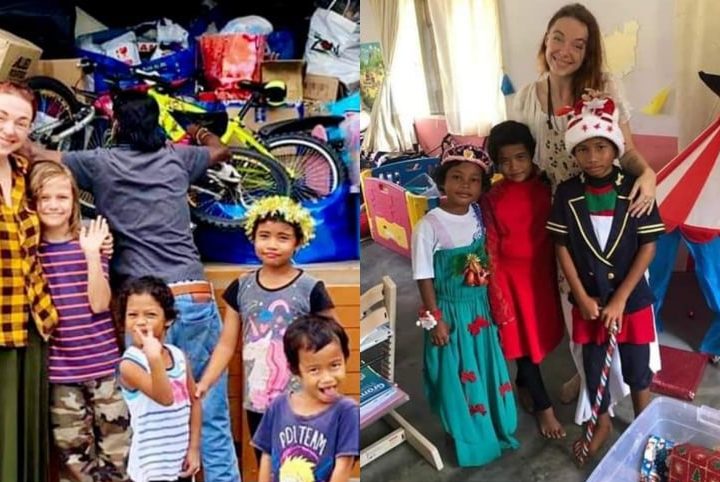Increasing Number Of Orang Asli Nationwide Living In Poverty: Rural Development Minister
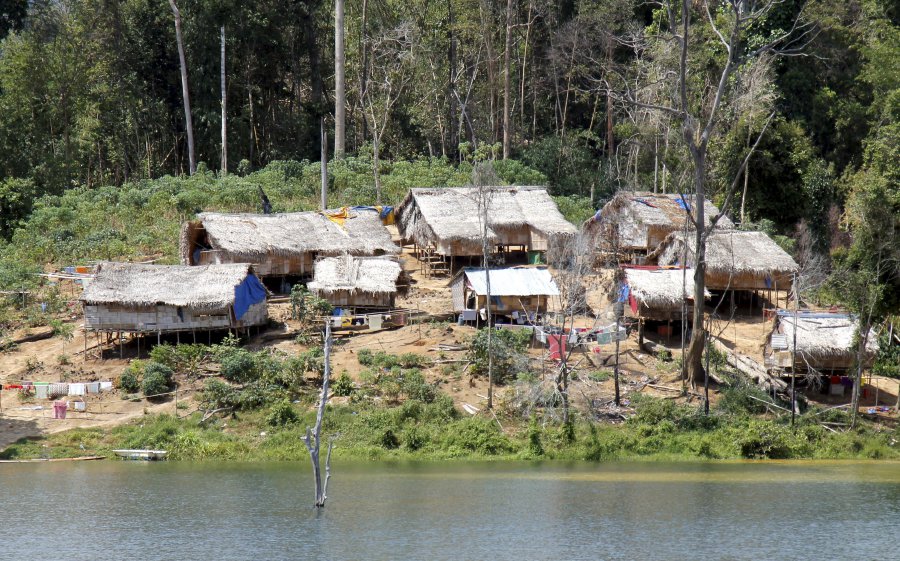 Thirsty for JUICE content? Quench your cravings on our Instagram, TikTok and WhatsApp
Thirsty for JUICE content? Quench your cravings on our Instagram, TikTok and WhatsApp
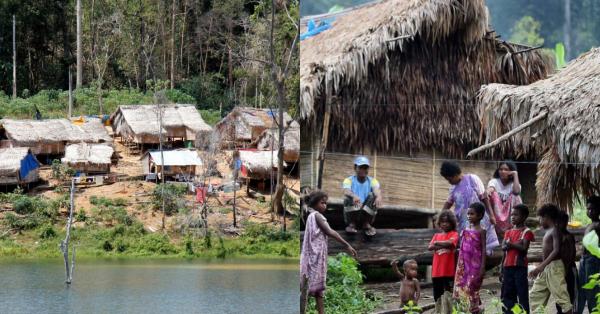
The Orang Asli – an umbrella term which denotes the many disparate groups of indigenous peoples in Malaysia – have been on the short end of the stick for many years, with reports of their struggles adapting to modern life commonplace in the local discourse.
Despite many initiatives, both by the government and by civil society, little progress has been made in addressing their economic plight. Their primarily agrarian endeavours are deeply susceptible to natural (droughts, pest infestation, etc) as well as man-made (pollution, development, logging, etc) hindrances.
Perhaps unsurprisingly, the latest government figures show that more Orang Asli are living below the poverty line compared to just over a decade ago.
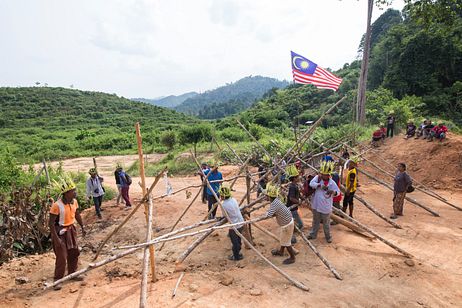
In a written parliamentary reply dated 28 September, Rural Development Minister Mahdzir Khalid revealed that of the 206,777 Orang Asli on record, a staggering 33.6% live below the national poverty line income (PLI) metric.
However, some states are worse off than others, with the East Coast states of Terengganu posting a staggering 100% of the Orang Asli population living below the PLI, while Kelantan a slight improvement at 83.3%.
Further back in the rankings, Johor has 56.7% of Orang Asli living below the poverty line, while Negeri Sembilan (41.9%), Perak (39.1%), Pahang (26.9%), and finally Selangor with 9.2%.
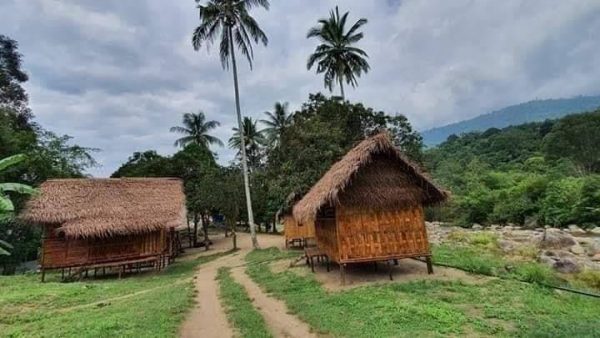
It must be clarified that these above-mentioned states also account for a vast majority of the Orang Asli community, though official statistics regarding their population spread is not publicly available.
What is for certain though, the balance between enshrined rights of the natives must be reconciled with modern realities, and the conversation on how to move forward must be led by the Orang Asli themselves.

 Get Audio+
Get Audio+ Hot FM
Hot FM Kool 101
Kool 101 Eight FM
Eight FM Fly FM
Fly FM Molek FM
Molek FM

